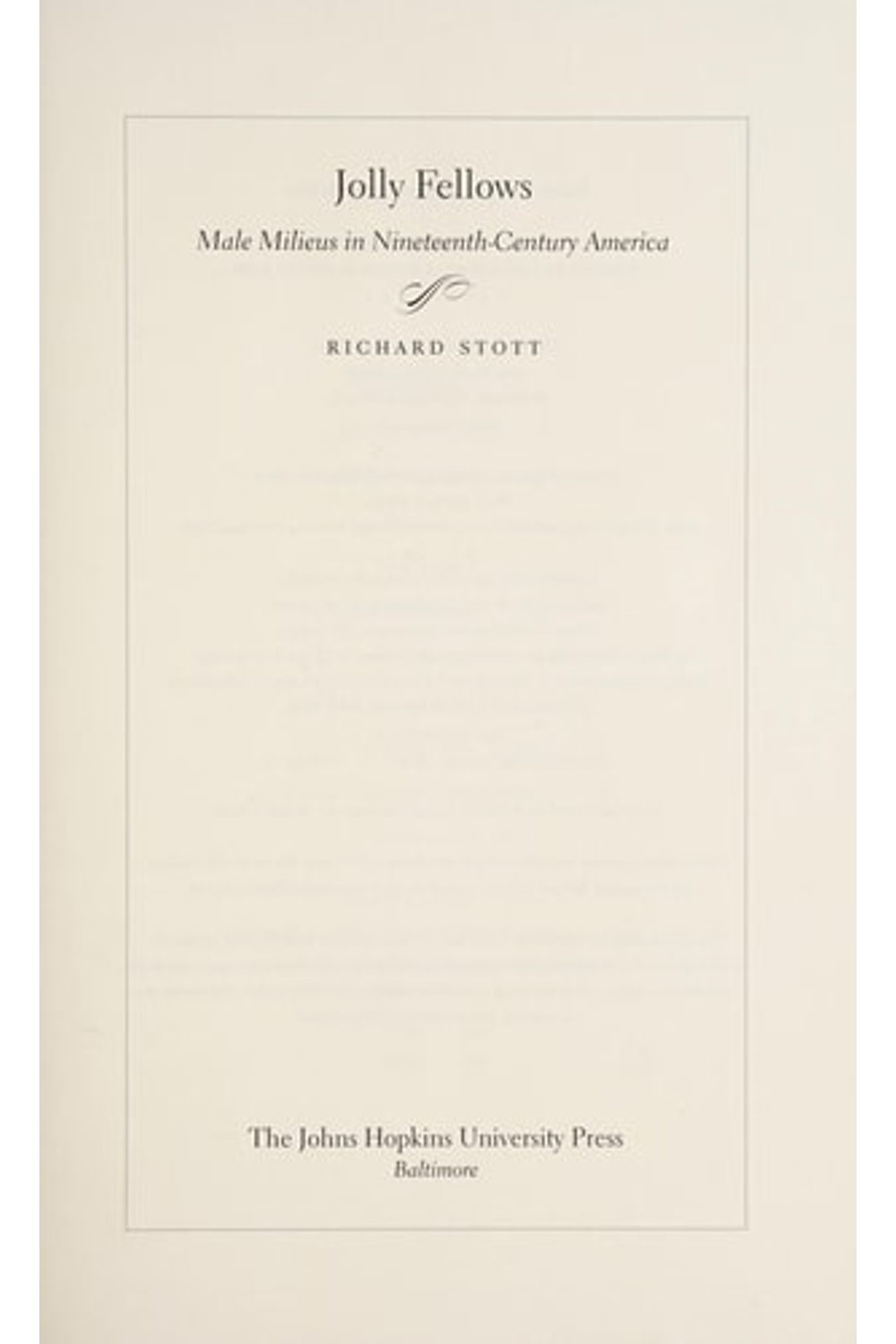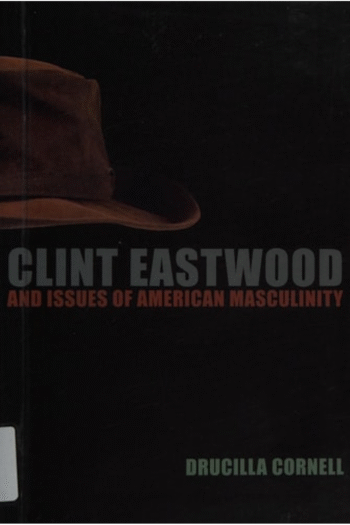Explore the boisterous side of 19th-century American manhood with Richard Stott’s *Jolly Fellows*. This thought-provoking study delves into the world of “jolly fellows” men who embraced camaraderie, drinking, and playful rebellion against Victorian norms. Stott reveals how their taverns, saloons, and sporting events shaped American culture and offered resistance to a rising tide of propriety. Discover how the “jolly fellow” spirit, though fading in reality, lived on in popular culture. *Jolly Fellows* challenges our understanding of American identity and the complexities of masculinity. A must-read for those interested in American history, gender studies, and the evolution of male identity.
Jolly Fellows: Male Milieus in Nineteenth-Century America (Gender Relations in the American Experience)
19,79 $
In stock
Jolly fellows, a term that gained currency in the nineteenth century, referred to those men whose more colorful antics included brawling, heavy drinking, gambling, and playing pranks. Reforms, especially the temperance movement, stigmatized such behavior, but pockets of jolly fellowship continued to flourish throughout the country. Richard Stott scrutinizes and analyzes this behavior to appreciate its origins and meaning.
Stott finds that male behavior could be strikingly similar in diverse locales, from taverns and boardinghouses to college campuses and sporting events. He explores the permissive attitudes that thrived in such male domains as the streets of New York City, California during the gold rush, and the Pennsylvania oil fields, arguing that such places had an important influence on American society and culture. Stott recounts how the cattle and mining towns of the American West emerged as centers of resistance to Victorian propriety. It was here that unrestrained male behavior lasted the longest, before being replaced with a new convention that equated manliness with sobriety and self-control.
Even as the number of jolly fellows dwindled, jolly themes flowed into American popular culture through minstrelsy, dime novels, and comic strips. Jolly Fellows proposes a new interpretation of nineteenth-century American culture and society and will inform future work on masculinity during this period.
| Authors | |
|---|---|
| Binding | |
| Condition | |
| ISBN-10 | 080189137X |
| ISBN-13 | 9780801891373 |
| Language | |
| Pages | 384 |
| Publisher | |
| Year published | |
| Weight | 658 |
| Edition | 0 |
| Dewey decimal | 305.38/96920907309034 |
Related products
-
What about Men?
16,78 $
- Additional information
- Currencies
- USD – United States dollar
- EUR – Euro
- GBP – Pound sterling
- CNY – Chinese yuan
- BRL – Brazilian real
- MXN – Mexican peso
- JPY – Japanese yen
- PHP – Philippine peso
- THB – Thai baht
- PLN – Polish złoty
- CAD – Canadian dollar
- MYR – Malaysian ringgit
- AUD – Australian dollar
- TWD – New Taiwan dollar
- CZK – Czech koruna
- SEK – Swedish krona
- HUF – Hungarian forint
- ILS – Israeli new shekel
- CHF – Swiss franc
- HKD – Hong Kong dollar
- DKK – Danish krone
- SGD – Singapore dollar
- NOK – Norwegian krone
- NZD – New Zealand dollar



